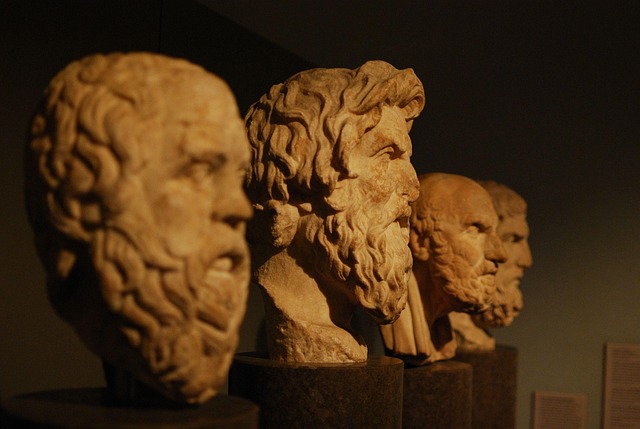In a world pulsating with the relentless march of scientific discovery, the dialogue between science and philosophy has never been more critical. The quest for philosophical knowledge intertwines with our understanding of the universe, raising profound questions about existence, consciousness, and our place in the cosmos. As enthusiasts of skepticism, a vital tool in modern philosophy, we are invited to delve deeper into these intersections.
Science offers us empirical truths—observable facts that can be tested and verified. From the microscopic world of quantum particles to the expansive realms of astrophysics, each discovery peels back another layer of reality. However, there remains a slight unease, a tantalizing recognition that while science excels in explaining the how” of our universe, it often falters when addressing the “why.” This is where modern philosophy steps in, challenging us to ponder the implications of scientific findings and the moral dimensions they evoke.
Consider the evolution of consciousness. Neuroscience provides insights into brain function, revealing the neural substrates of thought and emotion. Yet, the fundamental nature of consciousness remains elusive, provoking questions that only philosophical inquiry can probe. What does it mean to be self-aware? Can consciousness exist without a physical substrate? Such questions compel us to reflect on our own experiences and the essence of human existence, fostering a rich tapestry of philosophical knowledge that science alone cannot unravel.
In this age, skepticism plays a pivotal role in guiding our exploration. It encourages us to challenge established norms and assumptions, whether they arise from scientific dogma or philosophical traditions. By adopting a skeptical stance, we are better equipped to discern the intricacies of modern philosophy intertwined with cutting-edge scientific thought. This approach fosters intellectual humility and a willingness to embrace uncertainty—a vital mindset in an ever-evolving landscape of knowledge.
The relationship between science and modern philosophy is not merely academic; it influences our daily lives and societal constructs. As we face ethical dilemmas arising from advancements in technology, such as artificial intelligence and biotechnology, an intermingling of empirical evidence and philosophical reasoning becomes essential. Questions arise: Should we pursue technologies that can alter the fabric of human life? How do we ethically govern the innovations that science unveils? These inquiries are rooted in a philosophical framework that seeks to understand not just what we can do, but what we should do.
Moreover, the dialogue between these fields nurtures a profound sense of wonder. It invites us to remain curious about the universe and our place within it while appreciating the limitations of our knowledge. The spirit of inquiry that drives both scientists and philosophers fuels a collective pursuit of truth that is rich with uncertainty, urging us to continue exploring and questioning. The nuances of philosophical knowledge illuminate pathways through the labyrinth of human curiosity, where every question leads to new avenues of thought and discovery.
As we navigate this intricate landscape, it becomes clear that the fusion of science and modern philosophy is not simply a matter of contrasting methodologies. Rather, it is a collaborative effort, each field complementing the other, enriching our quest for understanding. The skepticism inherent in modern philosophy challenges the certainties of science, while the discoveries of science inform and invigorate our philosophical inquiries. Together, they pave the way for deeper insights and meaningful engagement with the world around us, urging us toward a continuous exploration of the universe and our place within it.




